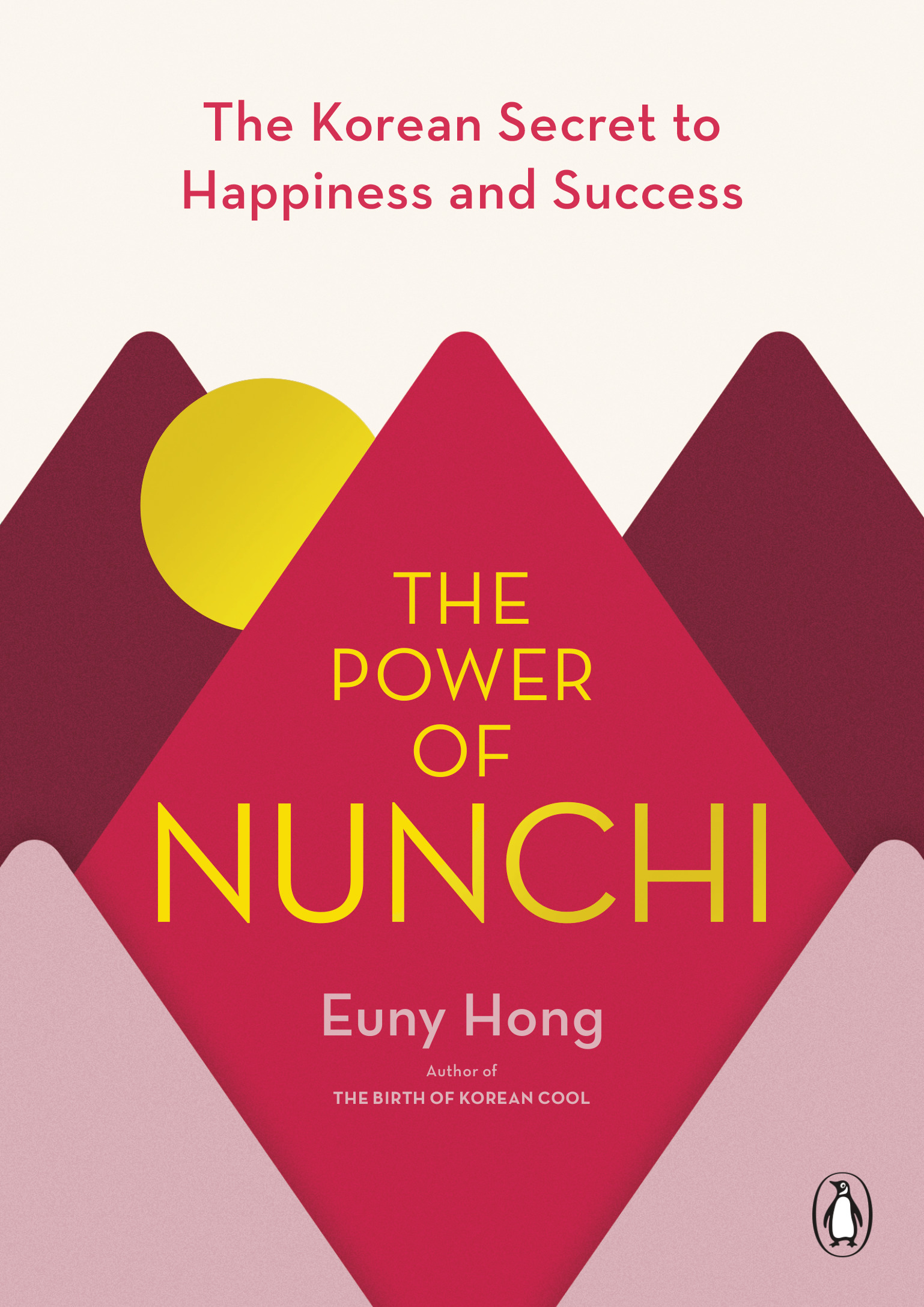If ever there were proof that we need nunchi now more than ever, it’s the fact that people who walk while staring at their smartphones don’t even notice a two-ton car approaching. Many people hardly notice if a driver yells at them to pay attention, because it seems as though society feels the driver’s responsibility to notice that you’re on the phone is equal to, or greater than, your responsibility to notice the oncoming car.
If staring at your smartphone prevents you from noticing something as massive as a moving car, smartphones will also prevent you from noticing such “minor” signs as what your own loved ones, your colleagues, or your boss are thinking or feeling. You might be at a bar tweeting “So happy! #OldFriendsRule” without realizing that your old friend is miserable.
It’s so much easier to look at your phone than to observe what’s happening around you. But it’s not technology’s fault; it’s our fault for taking the easy way out rather than dealing with the discomfort of being around humans. To a nunchi ninja, the inability to deal with awkward silences is a weakness.
In fact, seeking out distraction has become such second nature that most people would practically have a nervous breakdown if there were a thirty-second lull in a conversation. It’s gotten to the point where it’s no longer considered rude to look at your phone in a social setting; in fact, it’s rude to ask someone to put away their phone. Teachers I know who vowed never to allow their students to use phones in the classroom have all but capitulated.
Smartphones haven’t been around for long enough to see what the long-term effects will be, but I guarantee that, all other things being equal, those who are able to put away their phones and read the room will get much further in life.
It’s obvious to many of us that social media is not a good way to read people, which is why we compensate with ridiculous hyperbole such as saying that a picture was so impressive that it “broke the internet” or “blew everyone’s mind.” Ordinary descriptors that you could use face-to-face seem insufficient on social media, hence the inflated language.
To look at a small sample of how technology erodes nunchi: we all have that friend who is constantly hoodwinked by horrible people they meet online.
No matter how savvy you are with online interactions, you should give very little credence to what you learn through them. There is no substitute for in-person meetings, as you still need the unmediated, real-time reactions of people around you to know what they are thinking. You can’t get what you want out of people as effectively if you can’t read them, it’s as simple as that.
So how do you overcome the corrosive effects that technology has on nunchi? You can take a few small steps that will make a big difference.
First of all, texting emotional messages never leads to a good place. Your first text is to the person, but all subsequent texts are to texts. It’s just your phone communicating with another phone. Nothing ever got resolved that way.
Face-to-face communication is obviously best for a serious conversation. But if the person’s not around and you have to resort to email, tack on these extra sentences at the end:
- “So what do you think?”— because you care what they think, and you can’t read their body language over email.
- “Let’s talk more when I see you”— in other words, take the conversation offline.
Then, take action: pull out your calendar and set up that face-to-face meeting.

Excerpted from THE POWER OF NUNCHI: The Korean Secret to Happiness and Success (A Penguin Books Hardcover; November 5, 2019) with permission from the author and publisher.
Follow us here and subscribe here for all the latest news on how you can keep Thriving.
Stay up to date or catch-up on all our podcasts with Arianna Huffington here.


